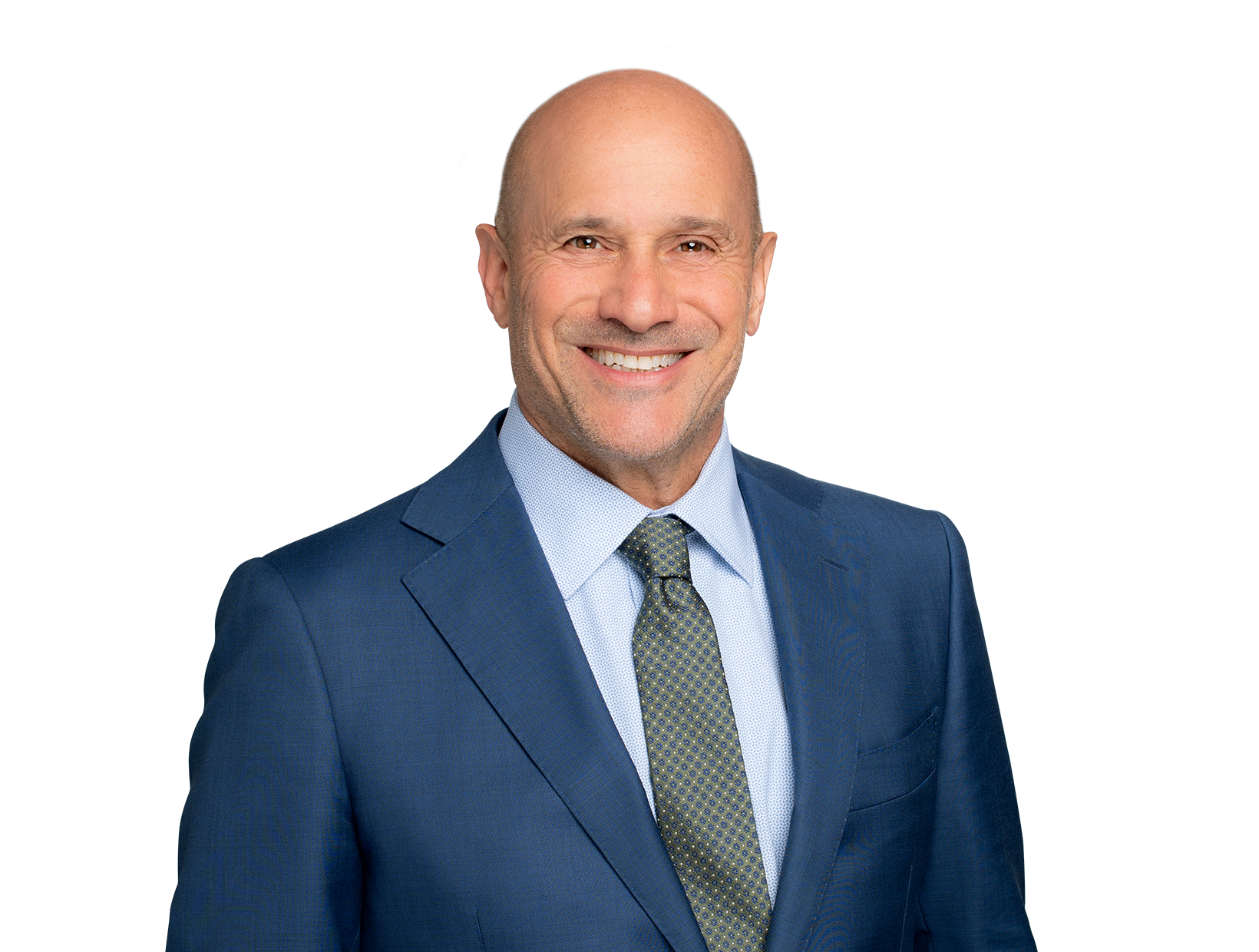Blog
CDCA denies motion to exclude third party license, citing Apple v. Motorola
Fish & Richardson
Authors
-
- Name
- Person title
- Principal

On June 11, 2014, Judge Bernal of the Central District of California issued an opinion on motions in limine, including denying Texchem's request to exclude opinions by e.PAK's damages expert, Lawrence Simon, concerning a third partY license. The case is Texchem Advanced Products Inc. v. e.PAK Int'l Inc., Case No. EDCV 12-1341 JGB (SPx). Texchem argued that the license agreement was not comparable to the hypothetical negotiation. The court denied the motion. The court cited the Federal Circuit's recent opinion in Apple Inc. v. Motorola, Inc., 2014 WL 1646435 (Fed. Cir. Apr. 25, 2014). We quote the court's brief analysis in full:
Here, Mr. Simon used a 2002 license agreement e.PAK has with a third-party licensor, Texas Instruments, to calculate the royalty rate. ("Texas Instruments Agreement," Decl. of Kent M. Walker ("Walker Decl."), Ex. E.) Texchem argues that the Texas Instruments Agreement is not comparable because the Agreement is not directed to the '620 patent or the products at issue, the status of the parties are not comparable to those in the Agreement, and Mr. Simon did not make a comparison of the terms in the Agreement to any potential reasonable royalty agreement between the Parties. (Texchem MiL at 5.) However, the Texas Instruments Agreement involves Texas Instruments granting e.PAK a license to make, use, sell, or offer for sale plastic semiconductor wafer shipping boxes. (Walker Decl., Ex. F.) The Court finds that the Texas Instruments Agreement is sufficiently comparable as not to be "radically different" from a hypothetical agreement in this case and Texchem's arguments go to the weight of the evidence. See Apple Inc. v. Motorola, Inc., 2014 WL 1646435 (Fed. Cir. Apr. 25, 2014) ("[W]hether these licenses are sufficiently comparable such that Motorola's calculation is a reasonable royalty goes to the weight of the evidence, not its admissibility."); Gen-Probe Inc. v. Becton Dickinson & Co., No. 09- 2319, 2012 WL 9335913 (S.D. Cal. Nov. 26, 2012) ("Gen-Probe's concerns are appropriate fodder for cross-examination. . . . From a technological and economic standpoint, the licenses at issue are at least marginally comparable."); Phillip M. Adams & Assoc., LLC v. Winbond Elecs. Corp., No. 05-64, 2010 WL 3743677, at *3 (D. Utah Sept. 20, 2010) (stating that disagreements about what licenses are comparable to the patents-in-suit are "properly developed in cross-examination"); Multimedia Patent Trust, 2012 WL 5873711, at *8 ("Defendants may disagree with Mr. Yurkerwich's decision to rely on these nine licenses, but the proper recourse then is for Defendants to present contrary evidence and attack Mr. Yurkerwich's testimony on cross-examination rather than for the Court to exclude Mr. Yurkerwich's testimony.").
Thus, the Court DENIES Texchem's motion to exclude evidence that the Texas Instruments Agreement is a comparable license, without prejudice.
The opinions expressed are those of the authors on the date noted above and do not necessarily reflect the views of Fish & Richardson P.C., any other of its lawyers, its clients, or any of its or their respective affiliates. This post is for general information purposes only and is not intended to be and should not be taken as legal advice. No attorney-client relationship is formed.